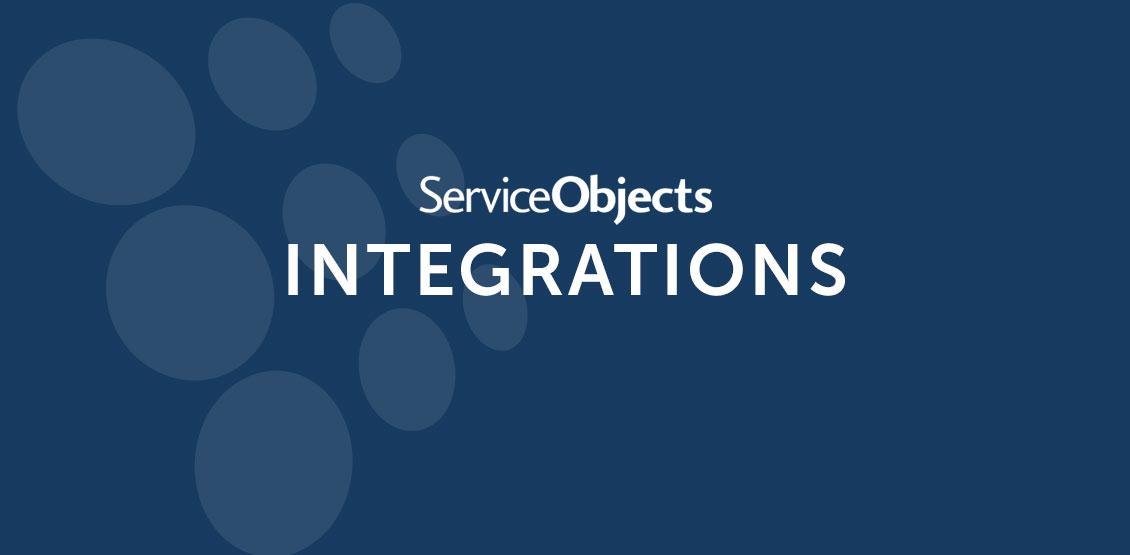Being based in the college town of Santa Barbara, California, we notice something interesting: the students seem to get younger every year. Of course, it is actually our own ages that continue to change. But this illusion contains a valuable marketing lesson for all of us.
The rise of the generational customer
According to the latest State of the Connected Customer survey from Salesforce.com, consumers really are getting younger, as markets shift over time from older customers such as Baby Boomers to Generations X/Y and the Millennials. In fact, this year marks the first time that adult consumers exist who have never lived in the 20th century.
This trend means a lot more than having customers who don’t remember the 9/11 attacks, or realize that Paul McCartney was in a band before Wings. Some of the key points from this survey include:
- Millennials and Generation Z live in an omnichannel world, using an average of 11 digital channels versus nine for traditional/Baby Boomer customers.
- Nearly twice as many Millennials prefer to use mobile channels versus traditional/Baby Boomer customers (61% versus 31%), with 90% of Millennials using this channel versus 72% of older customers.
- Traditional and Baby Boomer customers use less technology than their younger counterparts, but they aren’t dead yet: over 70% of them use channels such as mobile, text/SMS, and online portals and knowledge bases. However, usage falls off sharply with age for newer channels such as social media and voice-activated personal assistants like Siri and Alexa.
- Between 77% and 86% of survey respondents believe that technologies such as chatbots, voice-activated assistants, and the Internet of Things (IoT) will transform their expectations of companies. The most important ones? AI and cybersecurity, at 87% each.
- Over two-thirds of all consumers surveyed (67%) prefer to purchase through digital channels.
Overall, one of the key takeaways from this survey was the growing importance of customer experience. Eighty percent of respondents stated that the experience provided by a company was every bit as important as its products and services. This in turn involves greater connectivity between companies and their customers, with 70% of customers noting that connected processes are very important to winning their business.
It all comes down to data
What does this mean for the future of marketing? For one thing, it is clearly becoming more data-driven. While your oldest consumers still remember ordering from catalogs, your youngest ones expect to engage you on your tablets and smartphones, with little tolerance for error. This also means that both your marketing and your customer service are increasingly becoming electronic.
We welcome this trend at Service Objects: our company was originally founded in 2001 around reducing the waste stream from direct mail. But this trend also creates a mandate for us – and for you – to keep looking beyond simple contact data validation, into a world of data analyses that range from demographic screening to compliance with growing privacy laws. It is a major challenge, but also an opportunity for all of us – and frankly a big part of what keeps us young.













